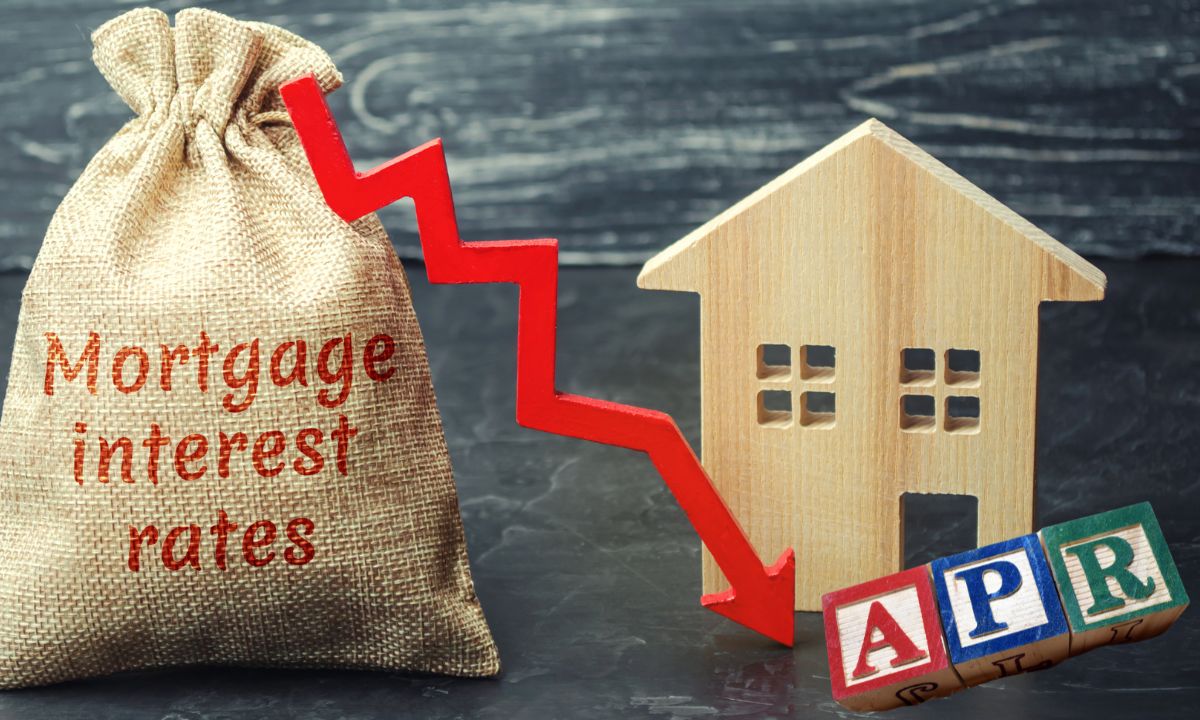What’s Ahead For Mortgage Rates This Week – March 17th, 2025
 The inflation data report released last week showed a surprising result—it was cooler than expected across the board. This has led to a much more positive outlook, even in light of recent events regarding the Trump administration. While consumer sentiment reports from the University of Michigan still showed more dissatisfaction than expected, they were accompanied by largely positive data across various releases. There are strong expectations that there will be no interest rate increases, with some potential for rate cuts this year.
The inflation data report released last week showed a surprising result—it was cooler than expected across the board. This has led to a much more positive outlook, even in light of recent events regarding the Trump administration. While consumer sentiment reports from the University of Michigan still showed more dissatisfaction than expected, they were accompanied by largely positive data across various releases. There are strong expectations that there will be no interest rate increases, with some potential for rate cuts this year.
Consumer Price Index
The consumer price index increased a mild 0.2% last month, the government said, breaking a string of elevated inflation readings since November. The rate of inflation in the past 12 months fell to 2.8% from 3.0% in January. It had slowed to as low as 2.4% early last fall before a rebound in inflation toward the end of 2024.
Producer Price Index
The flat reading in the producer-price index — helped by lower energy costs — came in under expectations. Economists polled by the Wall Street Journal had forecast a 0.3% increase. The last time the producer-price index showed so little inflation was in July. The rate of wholesale inflation in the past 12 months, meanwhile, dropped to 3.2% from a one-year high of 3.7% in January.
Consumer Sentiment
The burst of optimism following Donald Trump’s presidential election victory has evaporated. A new survey shows that Americans are worried about rising inflation due to the president’s tariffs and are unsettled by the uncertainty in Washington. According to the University of Michigan, consumer sentiment fell to a 29-month low of 57.6 in March, down from 64.7 in the previous month.
Primary Mortgage Market Survey Index
• 15-Yr FRM rates saw an increase of 0.01% with the current rate at 5.80%
• 30-Yr FRM rates saw an increase of 0.02% with the current rate at 6.65%
MND Rate Index
• 30-Yr FHA rates saw an increase of 0.11% for this week. Current rates at 6.28%
• 30-Yr VA rates saw an increase of 0.10% for this week. Current rates at 6.30%
Jobless Claims
Initial Claims were reported to be 220,000 compared to the expected claims of 225,000. The prior week landed at 220,000.
What’s Ahead
The FOMC is making it’s next rate decision in the upcoming week on Wednesday. There are a number of smaller data releases surrounding the rate decision, but largely all eyes are on the rate decision.

 If you’re gearing up to dive into the world of real estate, there are a few key terms you’ll want to wrap your head around before taking the plunge. Today, we’re demystifying APR and interest rate, two crucial concepts that can impact your home-buying journey. Don’t worry, I’ll break it down in simple terms so you can confidently navigate the process like a pro.
If you’re gearing up to dive into the world of real estate, there are a few key terms you’ll want to wrap your head around before taking the plunge. Today, we’re demystifying APR and interest rate, two crucial concepts that can impact your home-buying journey. Don’t worry, I’ll break it down in simple terms so you can confidently navigate the process like a pro. Creative financing can be an attractive option for sellers, especially those with significant equity. One popular approach is carrying back a second mortgage, where the seller effectively becomes a lender to help the buyer complete the purchase. While this can be a beneficial arrangement, it’s essential to understand the risks and the protections available, particularly regarding lender’s title insurance.
Creative financing can be an attractive option for sellers, especially those with significant equity. One popular approach is carrying back a second mortgage, where the seller effectively becomes a lender to help the buyer complete the purchase. While this can be a beneficial arrangement, it’s essential to understand the risks and the protections available, particularly regarding lender’s title insurance.